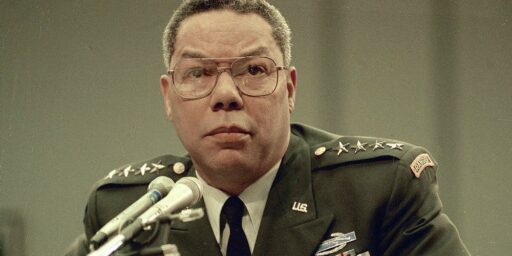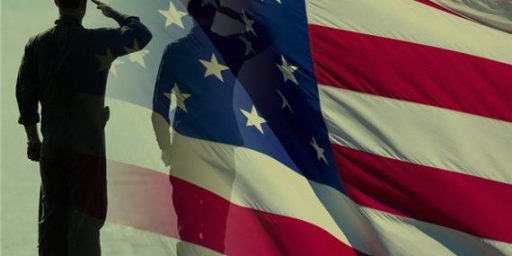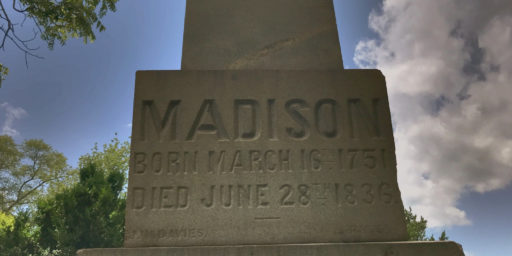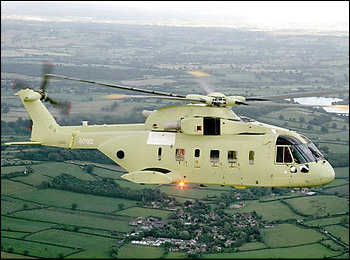KEY BATTLE ON
KEY BATTLE ON: WaPo’s Thomas Ricks argues the batttle now beginning between US forces and the Republican Guard will signal the direction of the war. A key issue, echoing and partly answering criticisms made here this morning:
The impending battle confronts U.S. forces with a dilemma that goes to the heart of the complex mission in which they are engaged: They can maximize the advantages of their overwhelming firepower and bomb a wily adversary hiding heavy weapons in built-up areas, which would inflict civilian casualties and set back the U.S. campaign for public opinion. Or they can try to attack precisely with low-flying helicopters and ground forces, which could mean losing more U.S. troops.
Ricks’ best guess:
Early indications are that it will be a tough battle. In the first engagement between the U.S. Army and the Medina Division, before dawn yesterday, about 35 Apache attack helicopters flew over part of the division, which is spread out in wooded and built-up areas east of the town of Karbala, about 50 miles southwest of Baghdad.
Officials portrayed the foray as “reconnaissance by fire” and declared it a success. At a briefing in Qatar, Army Brig. Gen. Vincent K. Brooks said the helicopters “were very effective in their mission.” But returning pilots sounded less certain, saying they hit a handful of tanks and armored vehicles but were forced to cut short their effort because of heavy ground fire. They also said their rules of engagement had prevented them from firing on some targets. One helicopter was downed either by fire or a mechanical failure, and its two crew members were declared missing.
Secretary of State Colin L. Powell, himself a retired Army general, sounded optimistic yesterday as he described in an interview with Fox News how the U.S. offensive would defeat the Medina Division. “After the ground forces have fixed them, air power goes after them, and then the ground forces go in and finish them off,” he said.
Ricks knows what he’s talking about; the whole piece is worth a read.





